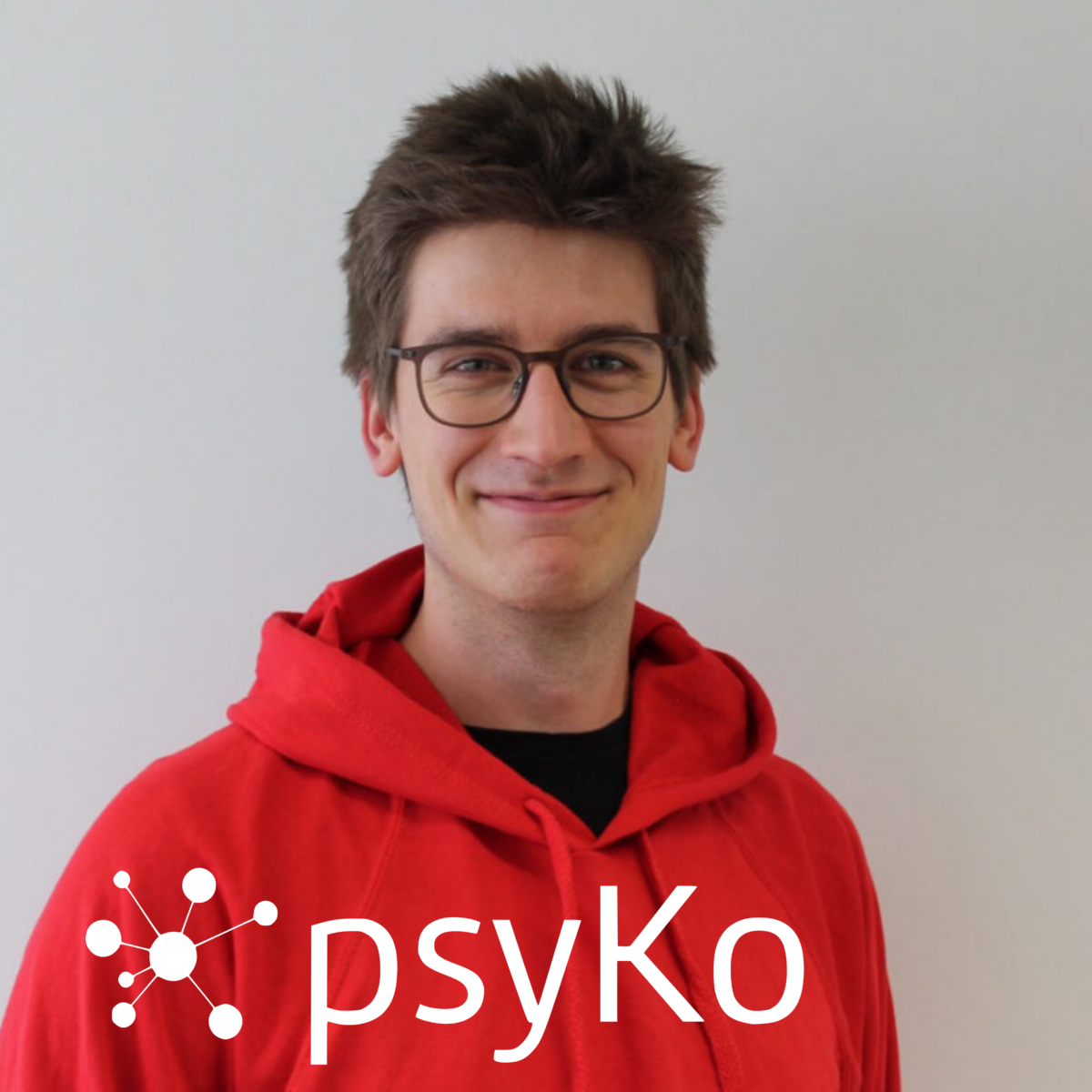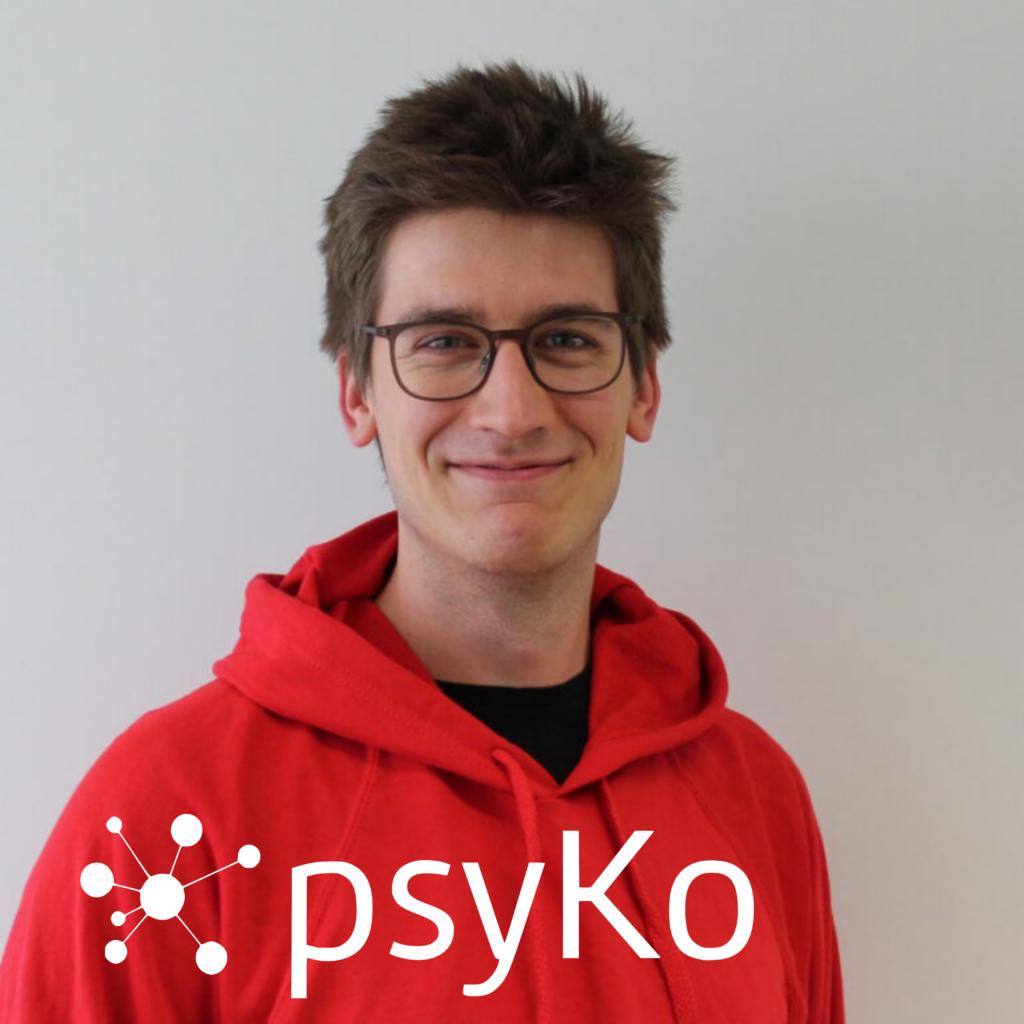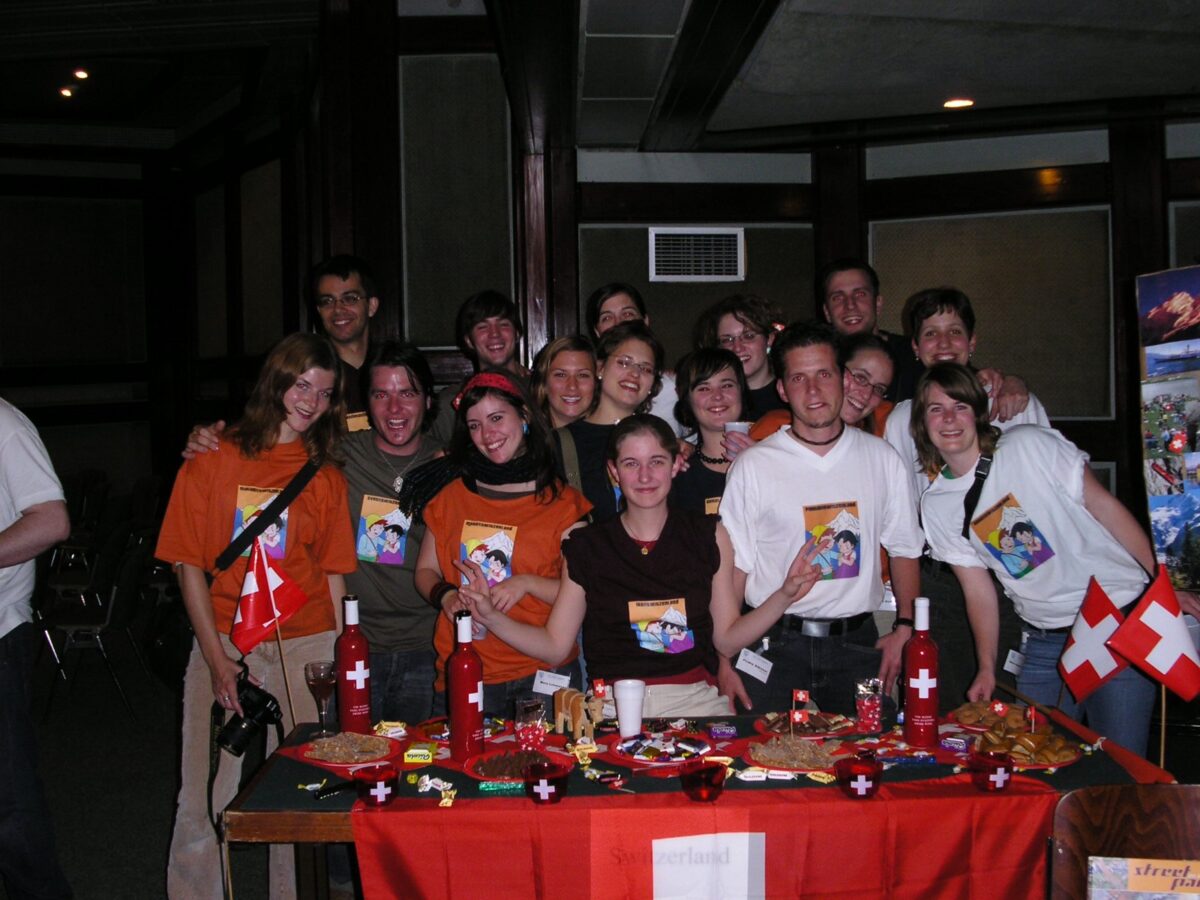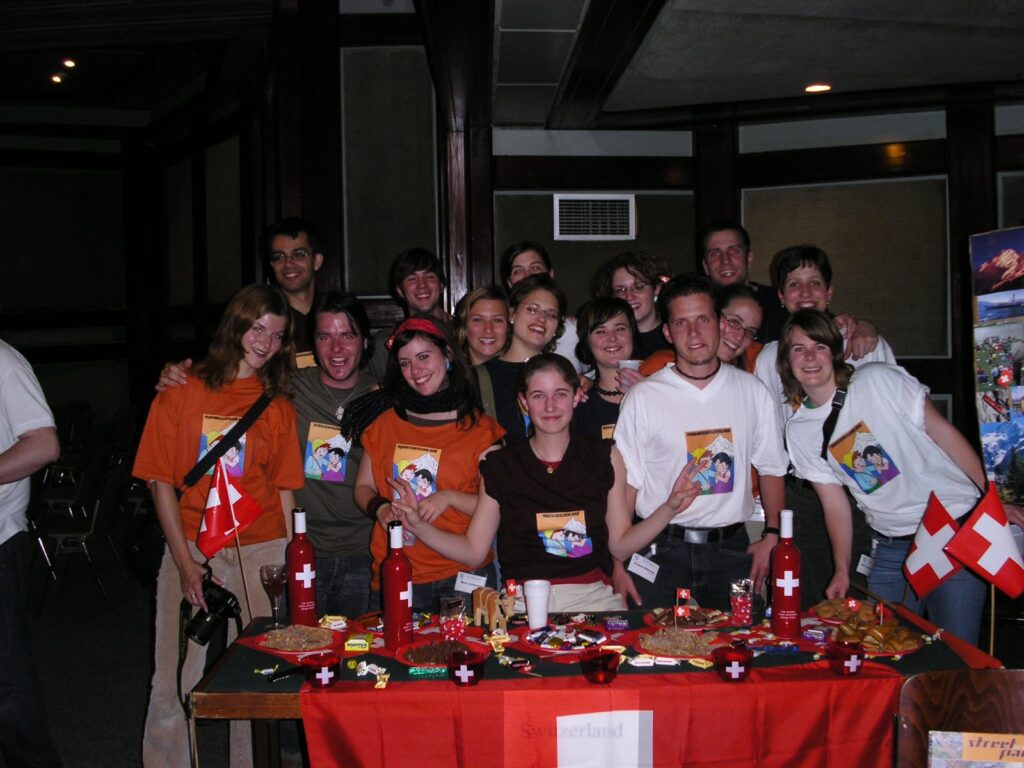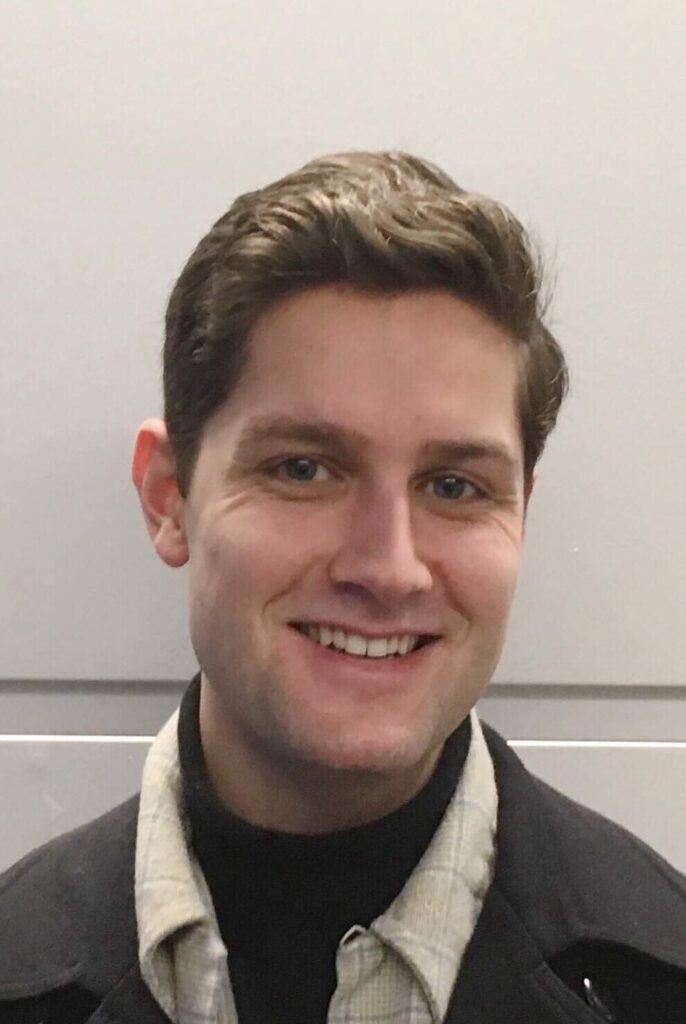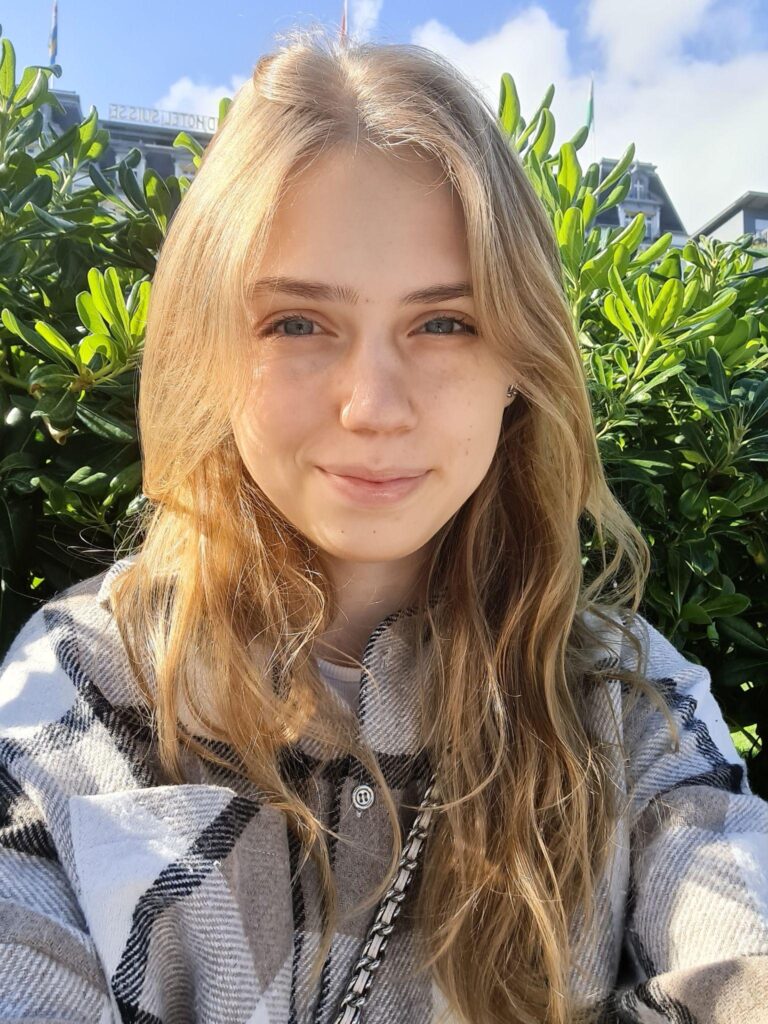
The exam period is upon us once again, and if you’re like us, you probably don’t mind a little break from studying. Why not use your pause for something useful, like reading a few suggestions on how to make the most of the time you have left to prepare for your exams?
Now before we dive into this, I want to make a small disclaimer. I wrote The Official psyCH Study Tips! in the title because it sounded better, but I have to be honest with you, Kristian’s Personal Tongue-in-cheek Suggestions for Students Approaching an Exam, is closer to what I’m actually doing here. In essence, everyone has their own preferences, strengths and weaknesses when it comes to learning. I for one am almost unable to remember anything I hear. To compensate, I take notes all the time. Talking to my mother, or talking to my thesis advisor, it makes no difference. If it’s not spelled out in letters, it’s gone in 5 minutes. I even have to check my ID to remember my age every now and then. Sometimes I wonder how I even made it beyond my bachelor’s, but I digress. All I’m trying to say is that these suggestions seemed to have worked for me, so maybe they can work for you. Let’s get into it!
- Make a study plan
You don’t learn from just sitting in the library, you learn from studying. At first glance this seems so obvious that it’s bordering on a truism, and yet it’s easily forgotten. Only time spent actually working is valuable to you when preparing for your exams. The first step towards minimising the gap between library-time and effective-work-time is to get organised. Draw up an overview of all the hours at your disposal, and assign specific tasks to each timeslot.
Don’t just put general things like “studying” (then you’re going to end up like me, writing blog posts when you should be writing summaries). Be as specific as possible, for example: 10h-12h: Social Psychology: Write summaries of chapter 3-4. Specify what, when and where, with a concrete goal in mind, so you know how far you’ve advanced. Above all, be realistic in your goals, you can always adjust them later if you’ve misjudged your capabilities.
Now before you start drawing up 14 hour days, have a look at the next suggestion
- Stick to your usual schedule!
Imagine for a moment you’re preparing for a sprinting competition. You need to run 60 metres as fast as possible.
This is basically what an exam is. You can argue that exams are far from the best way to assess you abilities (I’m sure there is some psychological model explaining the different phases of despair when facing an upcoming exam, trying to argue against the importance of exams is probably the first one) and you may be right, but the fact of the matter remains: you have been assigned a very short period to show all you’ve learned during the last semester.
Now back to the race. How would you prepare for a sprint ? Would you spend three weeks running as many marathons as you can, and then show up on race day with a few cans of red bull, hoping that you make it to the finish line?
It sounds ridiculous when put like this, and yet this is what plenty of students do each exam period, and they keep doing it year after year.
In concrete terms, this means that when preparing your schedule, you use short intervals, just as if you were trying to increase your cardiovascular fitness. For me that means at maximum two hours for each task, longer then that and I’m bored to death long before the end. Even more importantly: pace yourself. Despite what many students seem to think, you don’t get a medal for sitting in the library until 2 in the morning. You don’t get a medal for doing good on your exam either (unless you do VERY good, but you’re reading this instead of studying, so we both know that’s not going to happen), but good grades are always helpful, and being exhausted on the third day of your study period because you worked for 14 hours yesterday is not going to get you anywhere.
Try to stick to your usual schedule as much as reasonably possible. Only hours spent working effectively count towards your exam, so make sure the hours you spend in the library enter into that category. When the sun has settled, and you’re so hungry and tired that you keep confusing b’s with d’s, it’s time to head home.
- Exercise!
Some Roman guy once wrote “Mens in sana in corpore sano”, which translates to “a healthy mind in a healthy body”. You’ve probably heard this before, but I’m going to help you understand what it means for your exam preparation. The exam period is not a good time to stop exercising! That being said, make sure you do something fun, like playing football, climbing or whatever you like ( I personally hate football). Despite what the behaviourist wants you to believe, you’re not actually a rat (even though you might smell like one). Running in a wheel or pushing buttons up and down are not fun ways for humans to exercise. Pursue physical activity during your exam period for the fun of it, not just to move. Your grades will improve.
- Talk to other students about the material
As you get closer to the exams you have a better grip on the materials. Now it’s time to clear any misconceptions from your mind, and above all, do some active rehearsal. Find the smartest girl or guy in your class or friend group, and ask them to study with you. Ask each other questions, exchange summaries, discuss what parts you find the most interesting, and tie it to something from your everyday life.
For example, if you’re revising evolutionary psychology you can talk about how you can’t seem to find anyone willing to reproduce with you, or if you’re studying social psychology, talk about how the the Dunning-Kruger effect relates to your personal experience at university!
So there you go. I hope these suggestions help you, and if they didn’t, then you’re probably doing it wrong 😉
Good luck with your exams!


